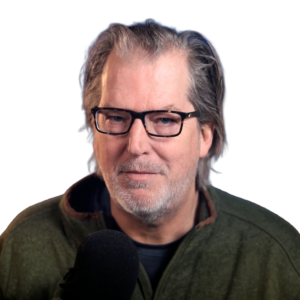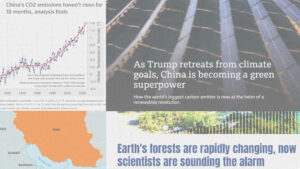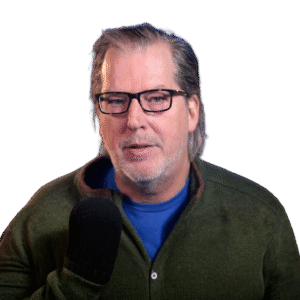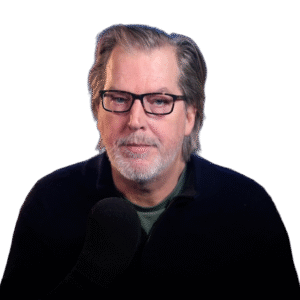
#81 | Frankly
Time Travel & The Superorganism: A Movie Idea
Description
As we wrap up another year of thought-provoking discussions on The Great Simplification, Nate takes us on an imaginative journey in this week’s Frankly – exploring a potential movie script idea that blends systems, science and fiction. What if someone who deeply understood the challenges of today’s global economic Superorganism could travel back in time? Armed with the knowledge of our current ecological and economic trajectory, what would they change? What could they change?
Hollywood media could serve as a powerful tool to educate and inspire a wider audience on the systems science of our current predicament. Unpacking his movie idea, Nate shows us how the interventions highlighted – even if sci-fi – could educate audiences about the complex dynamics which have shaped the issues we now face. Through key character developments, we explore the constraints imposed by the path dependency of the Superorganism, realities about aggregate human behavior, and where degrees of freedom might exist to shift the trajectory of the future – in service of life.
If you could travel back through time to the 1970s (or to any date), how would YOU intervene to shape the future? Could education, regenerative ecology, or “Superorganism-free zones” alter the trajectory of civilization? And more broadly, how might Hollywood still play a role in translating the systems science towards providing agency to the general public?
In French, we have a motto that says that a simple drawing is often better than a long explanation. Jean-Marc Jancovici Carbone 4 President
That’s very understandable because with left atmosphere thinking, one of the problems is that you see everything as a series of problems that must have solutions. Iain McGilchrist Neuroscientist and Philosopher
We can’t have hundreds and hundreds of real relationships that are healthy because that requires time and effort and full attention and awareness of being in real relationship and conversation with the other human. Nate Hagens Director of ISEOF
This is the crux of the whole problem. Individual parts of nature are more valuable than the biocomplexity of nature. Thomas Crowther Founder Restor
Show Notes & Links to Learn More
Download transcript06:11 – Paul Ehrlich + TGS Episode, Dennis Meadows + TGS Episode, Bill McKibben + TGS Episode, David Attenborough
06:30 – Economic Superorganism
06:52 – Ocean regeneration, coral reef restoration + more info
08:32 – Hunt brothers cornering the silver market, 1987 stock market crash
10:53 – The Day After movie + impact
14:13 – Buckminster Fuller
16:22 – DJ White + TGS Episode, The Bottlenecks of the 21st Century






